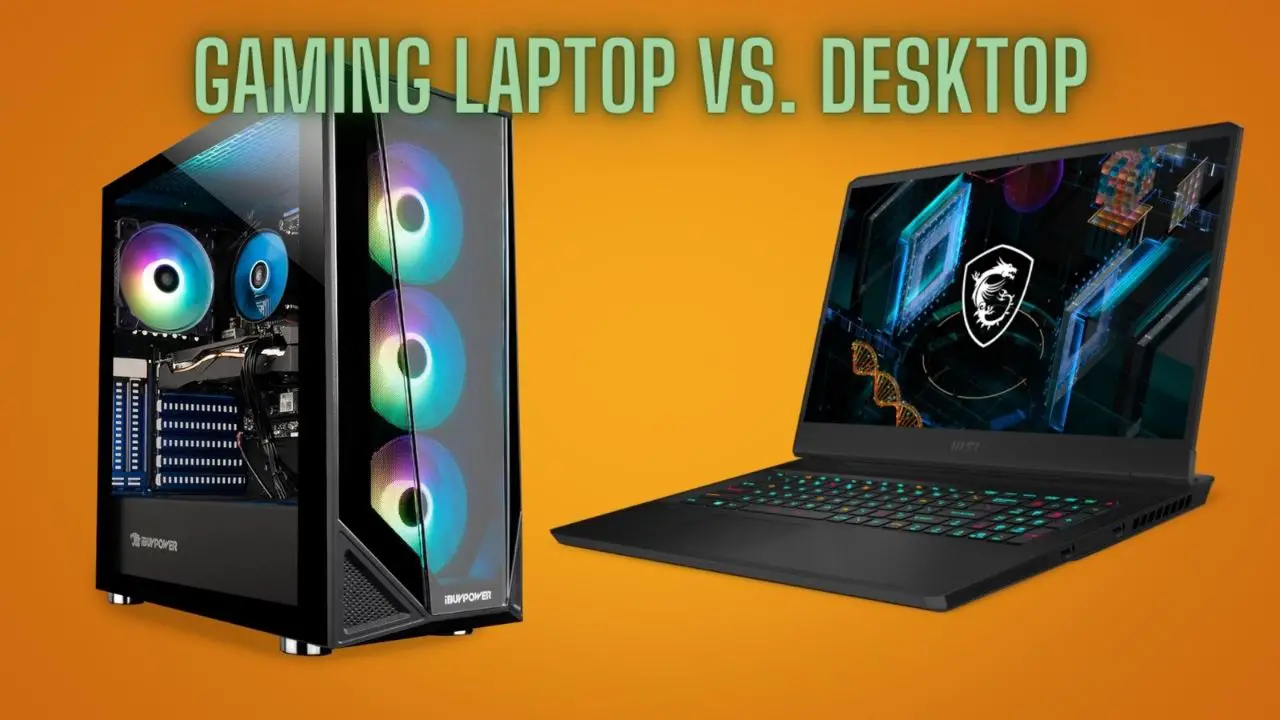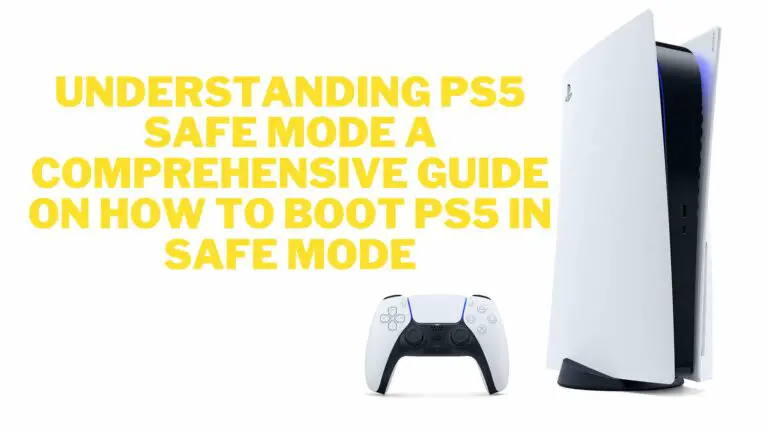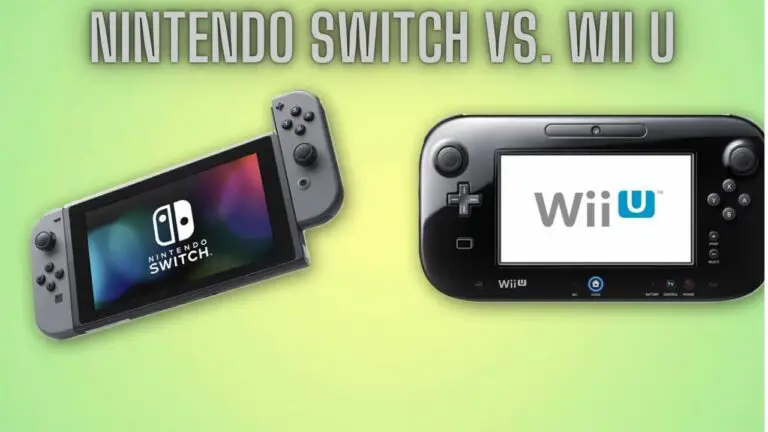Gaming Laptop vs. Desktop – Making the Right Choice for You
Introduction
Gaming has evolved from a niche hobby to a mainstream form of entertainment, with millions of gamers around the world. Whether you’re an enthusiastic esports competitor, a casual player, or somewhere in between, the choice of gaming hardware is crucial to your overall gaming experience. Two primary options stand out: gaming laptops and gaming desktops. Each has its advantages and disadvantages, and the decision between them depends on your specific needs, preferences, and budget. In this comprehensive guide, we’ll delve into the world of gaming laptops and desktops, exploring their pros, cons, and which one might be the better choice for you.
Understanding the Gaming Laptop
A. What Is a Gaming Laptop?
A gaming laptop is a portable computer designed for gaming. It combines the power and performance necessary to run modern games with the convenience of mobility. Gaming laptops come in various sizes and configurations, catering to different gaming preferences and budgets.
B. Key Components of a Gaming Laptop
- CPU: The central processing unit (CPU) in gaming laptops can range from mid-tier to high-end processors, providing the necessary computing power for gaming.
- GPU: The graphics processing unit (GPU) is a critical component in gaming laptops. High-performance GPUs are essential for rendering detailed graphics and achieving smooth gameplay.
- RAM: Gaming laptops come with varying amounts of RAM (typically 8GB to 32GB or more) to handle multitasking and gaming performance.
- Storage: Most gaming laptops use solid-state drives (SSDs) for quick load times, but some may also include a secondary hard disk drive (HDD) for additional storage.
- Display: Gaming laptops feature displays with different refresh rates and resolutions, providing an immersive gaming experience.
- Keyboard and Trackpad: Gaming laptops often have gaming-specific keyboards with customizable RGB lighting and responsive key switches. The trackpad is usually less important for gaming, but it’s still functional for general use.
- Portability: Gaming laptops are designed to be portable, making them easy to transport and play games on the go.
Exploring the Gaming Desktop
A. What Is a Gaming Desktop?
A gaming desktop is a stationary computer optimized for gaming performance. It consists of a separate monitor, tower or chassis, and various components that can be customized to meet your gaming requirements.
B. Key Components of a Gaming Desktop
- CPU: Gaming desktops can be equipped with high-performance CPUs, often unlocked for overclocking, which can deliver exceptional gaming performance.
- GPU: Gaming desktops offer the most powerful GPUs on the market, providing top-tier graphics and the capability to run games at the highest settings.
- RAM: Gaming desktops can support a vast amount of RAM, allowing for smooth multitasking and excellent gaming performance.
- Storage: Gaming desktops can use multiple storage drives, including SSDs for fast load times and HDDs for storage capacity.
- Monitor: A gaming desktop’s monitor can be chosen based on your preference, with options for high refresh rates, 4K resolutions, or ultrawide displays for an immersive gaming experience.
- Peripherals: Gaming desktops are often paired with high-quality gaming peripherals, including mechanical keyboards, gaming mice, and high-precision headsets.
- Upgradability: Gaming desktops are highly customizable and can be easily upgraded with new components to keep up with the latest gaming technology.
Gaming Performance: Laptop vs. Desktop
Gaming Laptop Performance:
- Gaming laptops offer a range of performance options, from mid-range to high-end components.
- High-end gaming laptops can deliver excellent gaming performance, often on par with mid-range gaming desktops.
- The thermal limitations in gaming laptops may lead to slightly lower sustained performance compared to gaming desktops.
Gaming Desktop Performance:
- Gaming desktops provide the best gaming performance available. They can accommodate larger, more powerful graphics cards and cooling solutions.
- The customization options in gaming desktops allow for building a gaming rig tailored to your specific preferences.
- Gaming desktops are ideal for immersive gaming experiences with large monitors or multiple displays.
Conclusion: If gaming performance is your top priority, gaming desktops offer better performance, customization, and long-term upgradability. While gaming laptops provide convenience and portability, they may come at a higher cost.
Portability and Convenience
Gaming Laptop Portability:
- Gaming laptops are designed for portability, making them easy to carry to LAN parties, friends’ houses, or for gaming on the go.
- Their built-in battery allows gaming without the need for a power source for a limited time.
Gaming Desktop Convenience:
- Gaming desktops are stationary, which means they are less convenient to transport.
- They require a dedicated gaming space with access to power and an external monitor.
Conclusion: If you need portability and the flexibility to game in various locations, a gaming laptop is the more convenient choice. Gaming desktops are ideal for those with a dedicated gaming setup and less need for mobility.
Display and Immersive Gaming
Gaming Laptop Display:
- Gaming laptops come with various display options, including high-refresh-rate panels and high-resolution screens.
- Many gaming laptops offer adaptive sync technology like G-Sync or FreeSync for smoother gameplay.
Gaming Desktop Display:
- Gaming desktops are not limited by built-in displays, allowing users to choose external monitors tailored to their gaming preferences.
- You can invest in larger screens, ultrawide displays, or multiple monitors for a more immersive gaming experience.
Conclusion: For an immersive gaming experience with the flexibility to choose and upgrade your display, gaming desktops have the upper hand. Gaming laptops, while offering good displays, may not match the versatility of desktop setups.
Gaming Laptop vs. Desktop for Productivity
Gaming Laptop for Productivity:
- Gaming laptops can serve as versatile devices for work and play, making them suitable for students and professionals who need both gaming capabilities and portability.
- Their built-in keyboard, display, and touchpad make them self-contained, eliminating the need for additional peripherals.
Gaming Desktop for Productivity:
- While gaming desktops can handle productivity tasks, they are not as portable or self-contained as laptops.
- They may require additional peripherals, such as monitors, keyboards, and mice, which can add to the cost.
Conclusion: If you need a device for a balance of work and play with portability, a gaming laptop is a more suitable choice. Gaming desktops excel in gaming performance but may require a dedicated workspace and additional peripherals for productivity tasks.
Cost and Upgradability
Gaming Laptop Cost and Upgradability:
- Gaming laptops come in various price ranges, from budget to premium.
- Upgradability is limited in gaming laptops, primarily due to their compact design. You can often upgrade RAM and storage, but upgrading the CPU or GPU is challenging.
Gaming Desktop Cost and Upgradability:
- Gaming desktops offer the best value for gaming performance, with many configuration options to fit different budgets.
- Gaming desktops are highly upgradable, allowing you to swap out components like the CPU, GPU, RAM, and storage for future-proofing your system.
Conclusion: Gaming desktops provide more cost-effective gaming performance and superior upgradability. If you have a limited budget, gaming laptops are a portable, convenient choice, but upgrading options are restricted.
FAQS
Which is better for gaming, a laptop, or a desktop?
The choice between a gaming laptop and a desktop depends on your specific needs. Gaming desktops typically offer better performance, flexibility, and upgradability, while gaming laptops are more portable and convenient.
Are gaming laptops as powerful as gaming desktops?
Gaming laptops can be powerful, but gaming desktops generally offer more raw performance and better customization options. High-end gaming laptops can come close to desktop performance but may face thermal limitations.
Can gaming laptops handle the latest games?
Yes, many gaming laptops can handle the latest games, especially those equipped with high-end GPUs and CPUs. However, gaming desktops may provide better long-term performance for demanding titles.
Do gaming laptops have a shorter lifespan than gaming desktops?
Gaming laptops tend to have a shorter lifespan due to the difficulty of upgrading internal components. Gaming desktops are more upgradable, allowing them to remain relevant for a more extended period.
Can gaming laptops be used for tasks other than gaming?
Yes, gaming laptops can be used for various tasks, including productivity, multimedia, and content creation. They are versatile devices that serve as all-in-one solutions.
Are gaming desktops more cost-effective than gaming laptops?
Gaming desktops generally provide better value for gaming performance. You can build a gaming desktop with equivalent performance at a lower cost than a gaming laptop of the same performance level.
Can I upgrade a gaming laptop like a gaming desktop?
Upgrading a gaming laptop is limited compared to desktops. While you can upgrade RAM and storage in many laptops, upgrading the CPU or GPU is often not feasible due to the integrated nature of the components.
Do gaming laptops overheat more than gaming desktops?
Gaming laptops can be prone to overheating due to their compact design and limited airflow. Gaming desktops typically have better cooling solutions, making overheating less common.
Which is better for esports and competitive gaming?
For esports and competitive gaming, where performance and high refresh rates are crucial, gaming desktops with high-end components and specialized monitors may be the better choice.
Can I connect an external monitor to a gaming laptop for a better gaming experience?
Yes, you can connect an external monitor to a gaming laptop to enhance your gaming experience. Many gaming laptops support external displays with higher refresh rates and resolutions.
Are gaming laptops as durable as gaming desktops?
Gaming laptops are designed for durability and portability but may be more prone to physical wear and tear due to being transported. Gaming desktops, when stationary, are less exposed to such risks.
Which is more future-proof, a gaming laptop or a desktop?
Gaming desktops are generally more future-proof due to their upgradability. You can swap out components to keep pace with the latest gaming technology. Gaming laptops have limited upgrade options, making them less future-proof.
Conclusion
The choice between a gaming laptop and a gaming desktop ultimately depends on your individual needs, preferences, and budget. To summarize:
- Gaming laptops offer portability and convenience, making them ideal for gamers on the go.
- Gaming desktops provide the best gaming performance, display flexibility, and upgradability, making them the preferred choice for gamers with a dedicated gaming setup.
Consider your priorities, such as gaming performance, mobility, and budget, when making your decision. Both gaming laptops and gaming desktops have their place in the gaming world, so choose the one that best aligns with your gaming lifestyle and preferences.








